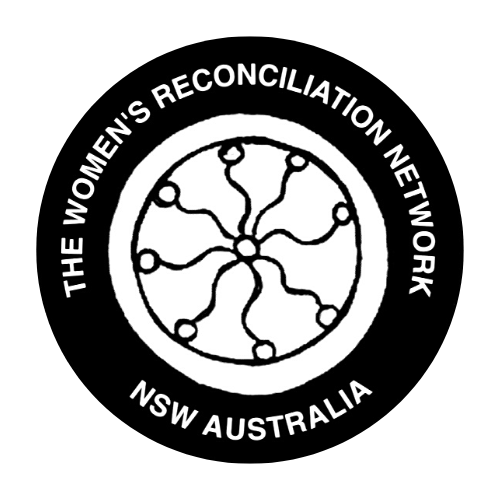
It’s time for the Voice of First Peoples to be recognised and enshrined in our Constitution by Deborah Ruiz-Wall
Policies designed and laws passed that affect the lives of First Nations people must reflect their Voice in Parliament protected by its enshrinement in the Australian Constitution.
This was the theme around the ‘Walking Together Uluru Statement from the Heart’ workshop held at the Uniting Church Hall in Springwood on Sunday, February 19. Non-Indigenous and Indigenous residents of the Blue Mountains and Penrith came to the workshop opened by Gundungurra and Darug elder, Aunty Carol Cooper.
In anticipation of the Voice Referendum this year, the workshop aimed to help attendees understand the Uluru Statement, and play a part in addressing the inequity still experienced by First Peoples in Australia today. With Sydney Alliance support the program was developed by Nicole Laupepa and Jacqui Parker through Father Chris Riley’s Youth Off the Streets, Walking together workshops. Springwood Uniting Church hosted the training sponsored by the NSW Jewish Board of Deputies and supported by Plus61J Media.


Personal stories were shared. Aunty Carol talked about her father who served in the war, but not receiving due recognition upon his return in the same way as non-Indigenous Australians. Trainers, Jacqui Parker and Nicole Laupepa also shared their stories. Nicole’s daughter was abused by a teacher and fell pregnant. Without knowing the details, people tended to judge them as being at fault because of their Aboriginality.
Jacqui recounted how she and her brother had researched their own family history of her grandmother being shot by the Nazis during World War 2. Jacqui’s story pointed to the power of ‘walking together’. On racism or discrimination, the message was: not good enough to say we’re against it. We must be alert to how it is practised, and confront it so people know that it is not acceptable.
I found some of the slides projected on screen instructive:
- Be aware that Aboriginal people know what’s good for their people and culture.
- Be aware that some spaces are Aboriginal and Torres Strait Islander domains.
- Be aware of privilege and be willing to point out when privilege is on show.
- Share positive stories about the successes of first peoples.
- Be confident and committed to stand up and act on addressing inequities.


A member of the Canadian First Nations visitors who were currently visiting Australia, voiced her group’s reaction to the Australian experience of campaigning for a First Nations Voice in Parliament.
We (First Nation Canadians) are a welcoming people. We are the rainbow survivor of the Residential School. What is missing in our Voice are those of women and the youth. They are like a ‘non-person’. Their voice has to be heard too.
We could be angry. Our situation is beyond justice. We need peace. We are not meant to be ruled over. We need to work together. Any agreements made should include everyone. We need a relationship with newcomers.
For thousands of years, we looked after ourselves. We have our traditional medicine. Treaties are meant to be about relationships, and must include women and children. We look inside when we make agreements. We incorporate all our spiritual side. For any agreements made, everyone must be heard. We incorporate all our spiritual side. To heal together, we need to see ourselves as sacred beings.
